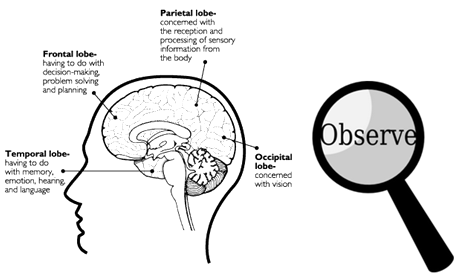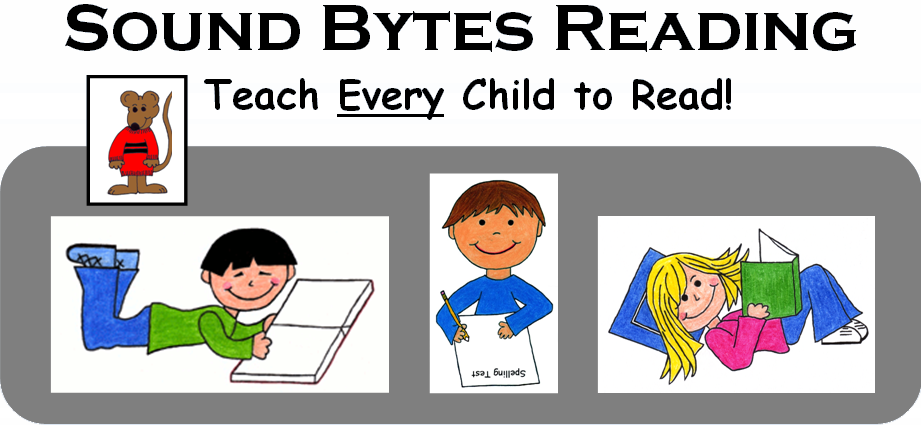This is Your Brain on Reading!

As one who teaches struggling readers how to read, I find it interesting to read about how the brain works. Some researchers have hypothesized that children who cannot read well have brains that work differently than those of children who can read well. Brain scans showed that the brains of good readers actually looked different than the brains of non-readers, when performing reading tasks. But causes this? Is the brain of the poor reader deficit in some way that causes the child to have more difficulty with reading—or is the brain of the good reader enhanced or changed by learning how to read well?
Researchers now know that the brain changes when we teach a child how to read. Often, children with reading difficulty are having difficulty with phonemic awareness (understanding how the sounds in language connect to make words) and with the alphabetic principle (how sounds are represented by written symbols). Children who come to kindergarten with strong phonemic awareness learn to read more easily.
What we do not specifically know is what happens in the homes of these children to help them acquire this knowledge. There may have been more exposure to adult spoken language, more reading aloud, and more interaction with, and teaching by the primary caregiver.
Researchers also found that when a struggling reader was given explicit phonetic instruction, the child learned to read. Brain scans after intensive instruction shows that the brain actually changes. Areas of the brain that were not activated before instruction were now being used. After good instruction, the brains of former struggling readers look very much like the brains of good readers. This suggests strongly that the causal factor in poor reading is with the instruction rather than a problem with the child’s brain.
This is very good news for parents of struggling readers. Your child can learn to read—but you must use a strong phonetic reading program. Struggling readers become discouraged when they are failing to learn to read—but it is not their fault. When I am working with students, I tell them they can learn to read—and they do! Learning changes your brain. This is your brain on reading!
